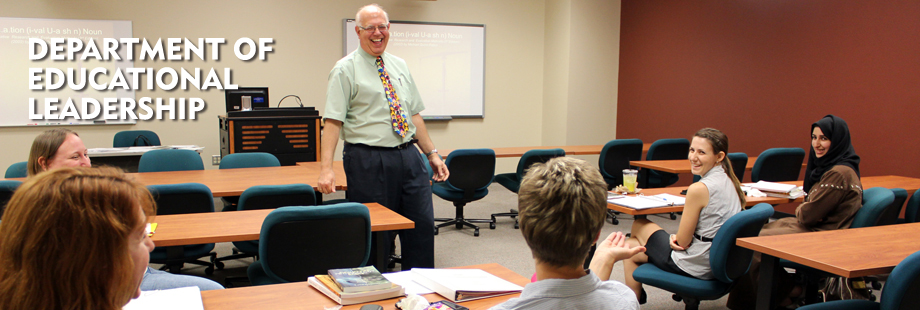Mass Media Created Stereotypes: Influence on Student Learning
Article is included in the repository with the permission of the Center for Instructional Development and Educational Research, Virginia Polytechnic and State University. For information about the center or to submit a paper for the annual conference, see the center's website.
Abstract
The purpose of this qualitative study is to examine the case of Saudi students at Riversdale State University (a pseudonym) with regard to the influence of the stereotype threat (McGlone & Aronson, 2007) created by TV and newspaper coverage when presenting images of Saudi Arabia, the Arab world, or the Muslim world. The study also aims at revealing the effects that the perception of the aforementioned stereotype can have on the academic success, social integration, and persistence of Saudi students. The research follows the qualitative approach to reveal the human aspects of the case and the degree of intensity that these stereotypes may create. Findings revealed essential information especially with the influx of Saudi students into the United States since 2006. They explained a part of the multifaceted situation specific to the case of Saudi students and showed the importance of awareness among students and college administrators of their situation. The findings also highlighted the importance of the active role of the Saudi students responding to these stereotypes.



